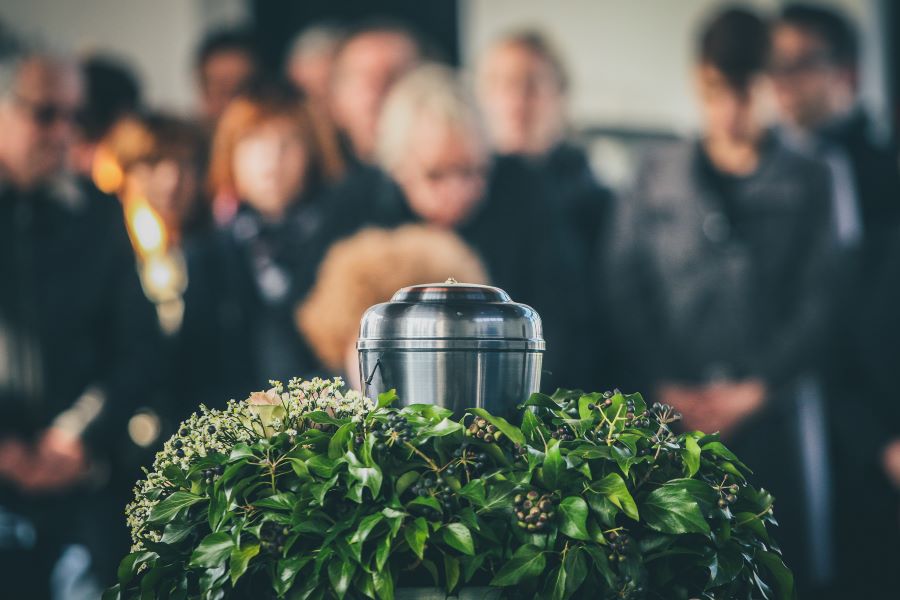What to Expect from Cremation: Process, Cost, and Planning Tips
Cremation in the UK serves as a flexible, cost-effective alternative to traditional burials, offering various service types, from direct to personalised options. Financial planning can ease the burden, while diverse remembrance choices allow for unique commemorations. Understanding cremation options and associated costs ensures informed decisions, enriching the farewell process for families.

What Does the Cremation Process Actually Involve?
The cremation process begins with careful identification and documentation of the deceased. The body is placed in a cremation container or casket made of combustible materials. All metal objects, such as jewellery or medical devices, are removed unless family members request otherwise. The actual cremation takes place in a specially designed furnace at temperatures between 760-1150°C, typically lasting 2-3 hours. Afterwards, the cremated remains are processed into a fine powder and placed in a temporary container or chosen urn.
How Much Does Cremation Cost in the UK?
Cremation costs vary significantly depending on the type of service chosen and location. Direct cremation, the simplest option, typically ranges from £1,000 to £2,500. Traditional cremation services with a ceremony can cost between £3,000 and £4,500. These prices generally include:
-
Professional services and documentation
-
Transportation
-
Crematorium fees
-
Basic urn or container
-
Return of ashes to family
| Service Type | Average Cost Range | What’s Included |
—|—|—
| Direct Cremation | £1,000 - £2,500 | Basic services, no ceremony |
| Traditional Cremation | £3,000 - £4,500 | Full service with ceremony |
| Premium Package | £4,500 - £6,000 | Extended services, premium urn, memorial options |
Prices, rates, or cost estimates mentioned in this article are based on the latest available information but may change over time. Independent research is advised before making financial decisions.
What Are the Different Types of Cremation Services Available?
Cremation services typically fall into three main categories:
-
Direct cremation - No ceremony, most economical option
-
Simple cremation - Brief committal service
-
Full-service cremation - Traditional funeral service followed by cremation
Each option can be customised to meet family preferences and budget considerations.
How Can You Personalise a Cremation Memorial?
Creative remembrance options include:
-
Incorporating ashes into jewellery or art pieces
-
Creating memorial gardens
-
Scattering ashes in meaningful locations
-
Custom urns reflecting personal interests
-
Memorial benches or plaques
-
Digital memorial websites
What Should You Consider When Planning a Cremation?
Key planning considerations include:
-
Choosing between direct or traditional services
-
Selecting an appropriate urn or scatter container
-
Deciding on memorial service details
-
Understanding local regulations regarding ash scattering
-
Arranging transportation and documentation
-
Considering pre-planning options to reduce family stress
What Documentation and Legal Requirements Are Needed?
Required documentation typically includes:
-
Death certificate
-
Cremation application form
-
Medical certificates signed by two doctors
-
Permission from next of kin
-
Environmental permits for certain ash scattering locations
Cremation provides a dignified, flexible, and often more affordable option for final arrangements. By understanding the process, costs, and available options, families can make choices that honour their loved ones while respecting practical considerations. Whether choosing a simple direct cremation or a full memorial service, the key is selecting arrangements that provide meaningful closure and remembrance.




